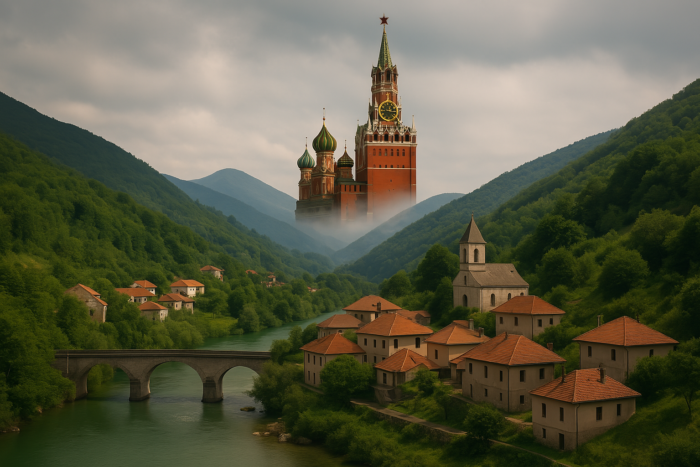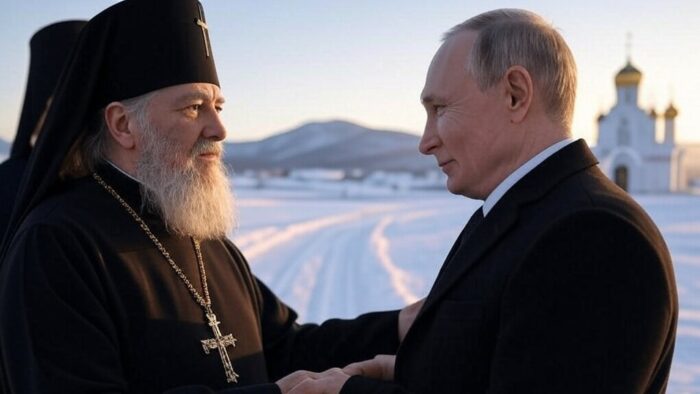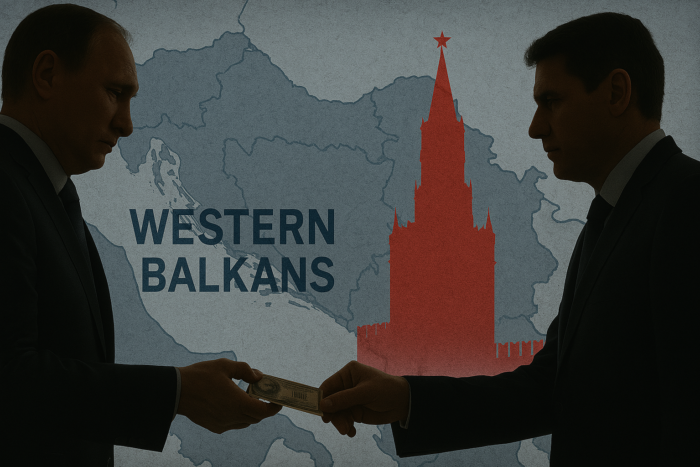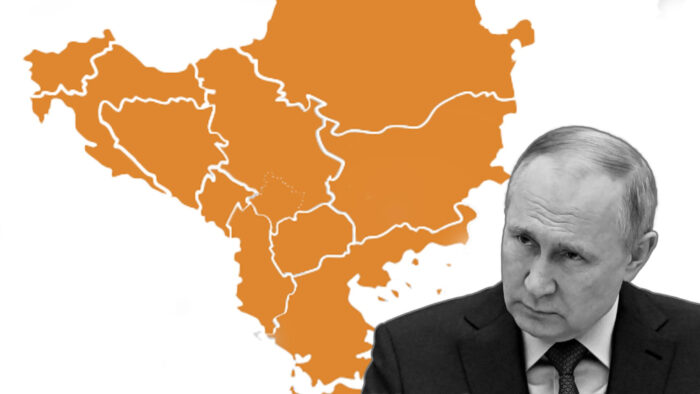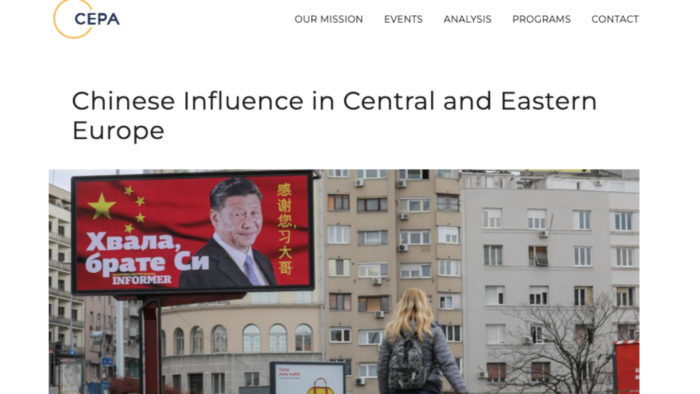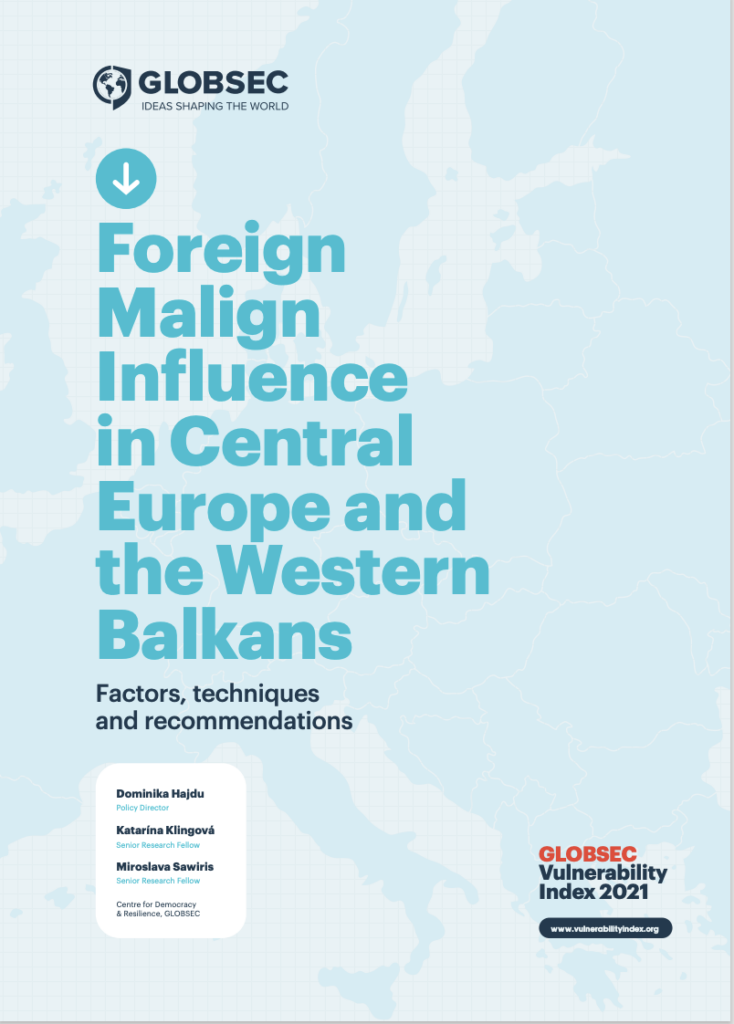On 03 April 2025, Euronews reported that North Macedonia’s Foreign Minister has issued a clear warning about Russia’s expanding influence in the Western Balkans if the European Union fails to demonstrate a firm commitment to enlargement. The article begins:
North Macedonia has made a clear warning of growing Russian influence in the Western Balkans if the EU does not commit quickly and clearly to enlargement. “We changed our flag, we changed our currency, we changed the constitution several times, we even changed the name of our country. All with the promise of a window of opportunity that we’ve been told existed if we do these changes for our path towards the European Union,” Foreign Minister Timcho Mucunski told Euronews. Mucunski warned that the EU’s credibility is at stake, and that enlargement is necessary to prevent weaponising Russian propaganda…
Key Points
- Russian propaganda is specifically targeting North Macedonia, questioning the EU’s sincerity regarding enlargement after two decades of unfulfilled promises.
- Foreign Minister Mucunski specifically warned about “malign actors” exploiting Macedonia’s frustration with the constantly shifting accession requirements.
- Russia’s influence operations in the Western Balkans aim to undermine the EU’s credibility and exploit bilateral disputes between Balkan nations.
- The prolonged accession process—delayed by disputes with Greece and Bulgaria—creates a vulnerability that Russia is actively weaponizing in its regional information campaigns.
On 12 September 2002, GIOR posted on a Georgetown University Berkley Center report on Russia’s influence in the Balkans, arguing that Russia uses historical, cultural, and religious links to spread its influence in the region.
Disclaimer GIOR utilizes AI to generate summaries of news items, including the introduction and the key points that follow. Any text following the key points is context added by GIOR editors. Please verify all information before using. Images are also AI-generated and are for illustrative purposes only—they are meant to represent the events or individuals concerned but should not be understood as “real-world” photography

